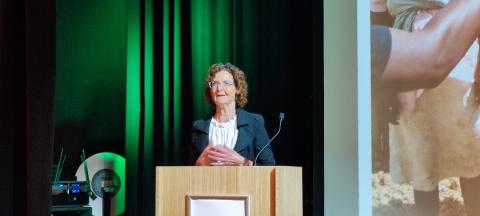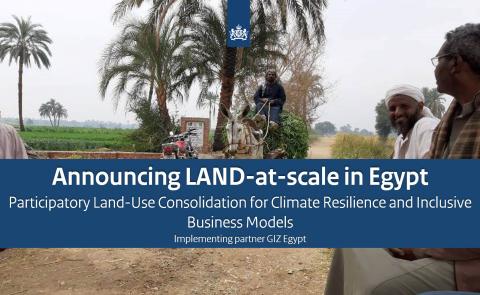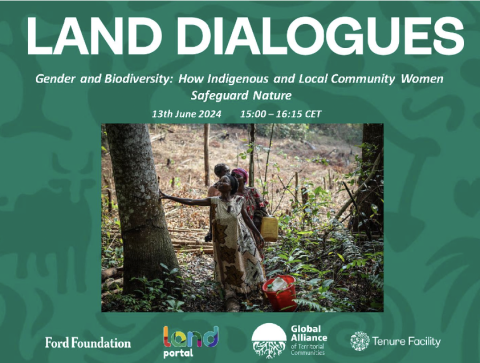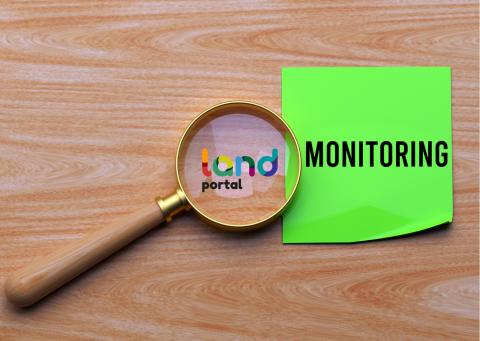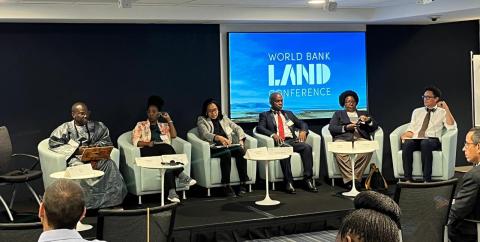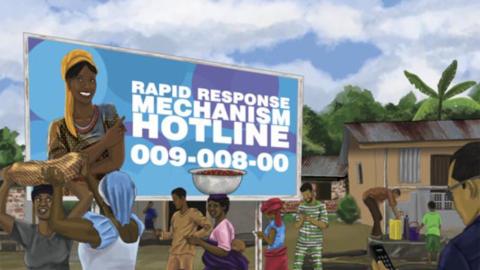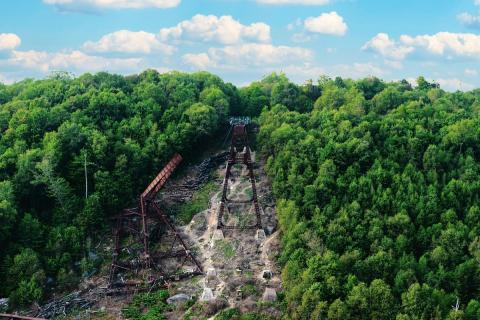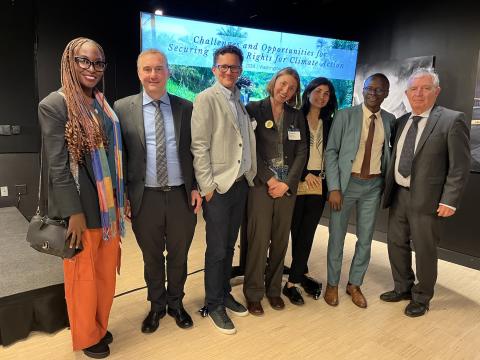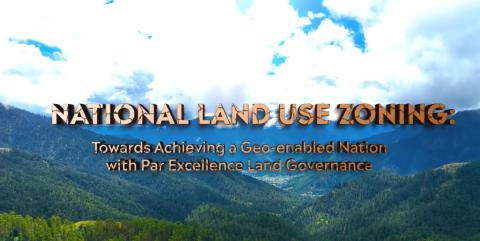Discover hidden stories and unheard voices on land governance issues from around the world. This is where the Land Portal community shares activities, experiences, challenges and successes.
 Follow our
Follow our
Sustainable Development Goals
Blog Series!
Interested in land corruption?
Follow our Land & Corruption Blog Series
for in-depth perspectives from the experts.
Issues
Geographical focus
In her keynote speech during the opening plenary session of the the IOS Fair Transitions - LANDac Conference & Summit: Land governance and the politics of fair transitions: Deepening the search for social justice on 3 July, 2024, Professor Frances Cleaver, Chair in Political Ecology at Lancaster University, argues that in aiming to deepen social justice in green transformations, we should pay renewed attention to the institutions of collective action at a very local level, especially peasant associations, irrigation groups, women's groups, indigenous people’s groups, producer associati
The Netherlands Enterprise Agency (RVO) is delighted to announce that LAND-at-scale has recently started in Egypt, being integrated into the broader Agricultural Innovation Project (AIP phase II) implemented by GIZ Egypt, co-financed by Federal Ministry for Economic Cooperation and Development (BMZ) and
Under the umbrella of the Land Dialogues series, the first webinar of this year’s series “Gender and Biodiversity : How Indigenous and Local Community Women Safeguard Nature” took place on June 13th, 2024. The webinar drew in a little over 300 participants and featured Indigenous and local community leaders from around the world. The series is organized by a consortium of organizations, including the Land Portal Foundation, the Ford Foundation and the Tenure Facility and this particular webinar was organized in collaboration with the GATC.
Chris Addison is a senior digitalisation specialist who has worked on digitalisation for the agriculture industry for over 20 years across Africa, Latin America and the Caribbean and the Pacific. He served as a member of the Land Portal board from 2020 to 2023. His work can be found here.
We often ask for feedback from you. Knowing this takes time, effort, and thought, we are grateful that so many of you do it. We want you to know that we read and hear every single person’s comments. We implement a fairly dynamic feedback loop, but just in case you have wondered how Land Portal uses data and users’ feedback to make a real difference, here is a comprehensive look at our rigorous and participatory monitoring and evaluation (M&E) system.
After a four-year hiatus, the World Bank Land Conference took place again in Washington, D.C. this May, convening one thousand government, civil society, and land stakeholders in person and thousands more online. The theme of the 2024 conference was "Securing Land Tenure and Access for Climate Action," an exciting and meaningful frame for discussing an issue near to our hearts – open access to land information.
Rapid response mechanisms (RRMs) are a new, proactive legal approach designed to provide legal and technical support to communities facing nascent conflicts related to land-based investments. RRMs provide preventative rather than reactive legal help the moment a conflict arises or community members’ rights are threatened, rather than trying to reverse rights violations once they have already occurred.
Photo: A train traveling through a lush green forest by Ally Griffin (Unsplash License).
By Alice Stevens & Anoukh de Soysa
After a four-year hiatus, the World Bank Land Conference took place again in Washington, D.C. this May, convening one thousand government, civil society, and land stakeholders in person and thousands more online. The theme of the 2024 conference was "Securing Land Tenure and Access for Climate Action," an exciting and meaningful frame for discussing an issue near to our hearts – open access to land information.
Achieving a transformation in behavior necessitates a more protracted timeline compared to structural and other transformative measures. Frequently, transformative endeavors commence with structural modifications, such as altering the organizational framework, renaming departments, or merging units. However, when aiming for behavioral transformation, it becomes crucial to unite people and entities through strategic project/s in which everyone has a vested interest. One exemplary initiative in this regard is the Gelephu Mindfulness City project that emanated from His Majesty the King.
Dr. Ritu Verma was a Board of Director of the Land Portal Foundation for two consecutive terms
It is with great happiness that I extend my warmest congratulations to the Land Portal on its 15th Anniversary!
As the Land Portal celebrates a decade and half of ground-breaking and impactful work in the area of knowledge-sharing on land rights and struggles across the globe, it has a lot to be proud of.

